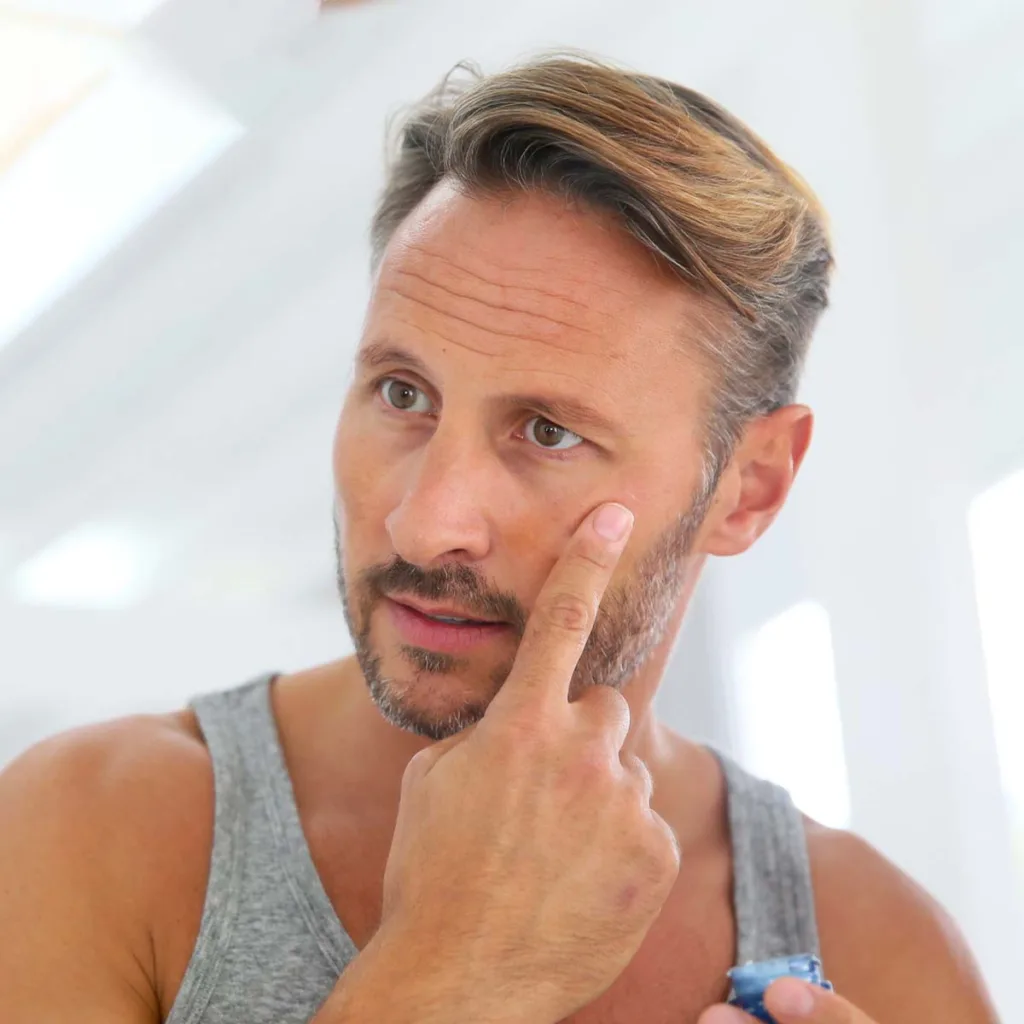UroLift
UroLift is a procedure which is used to treat lower urinary tract symptoms caused by an enlarged prostate, a condition which causes the prostate gland to become enlarged and obstruct the urethra (the tube which lets urine leave your body). The UroLift system is a NICE-approved* procedure and uses tiny implants to lift and hold the enlarged prostate tissue out of the way, which allows urine to flow more freely through the urethra.
- Finance options
- free consultation
- Hand selected regulated facilities
- GMC Registered Surgeons
- Comprehensive Aftercare






